Home>Gardening & Outdoor>Landscaping Ideas>How To Get Urine Smell Out Of Grass
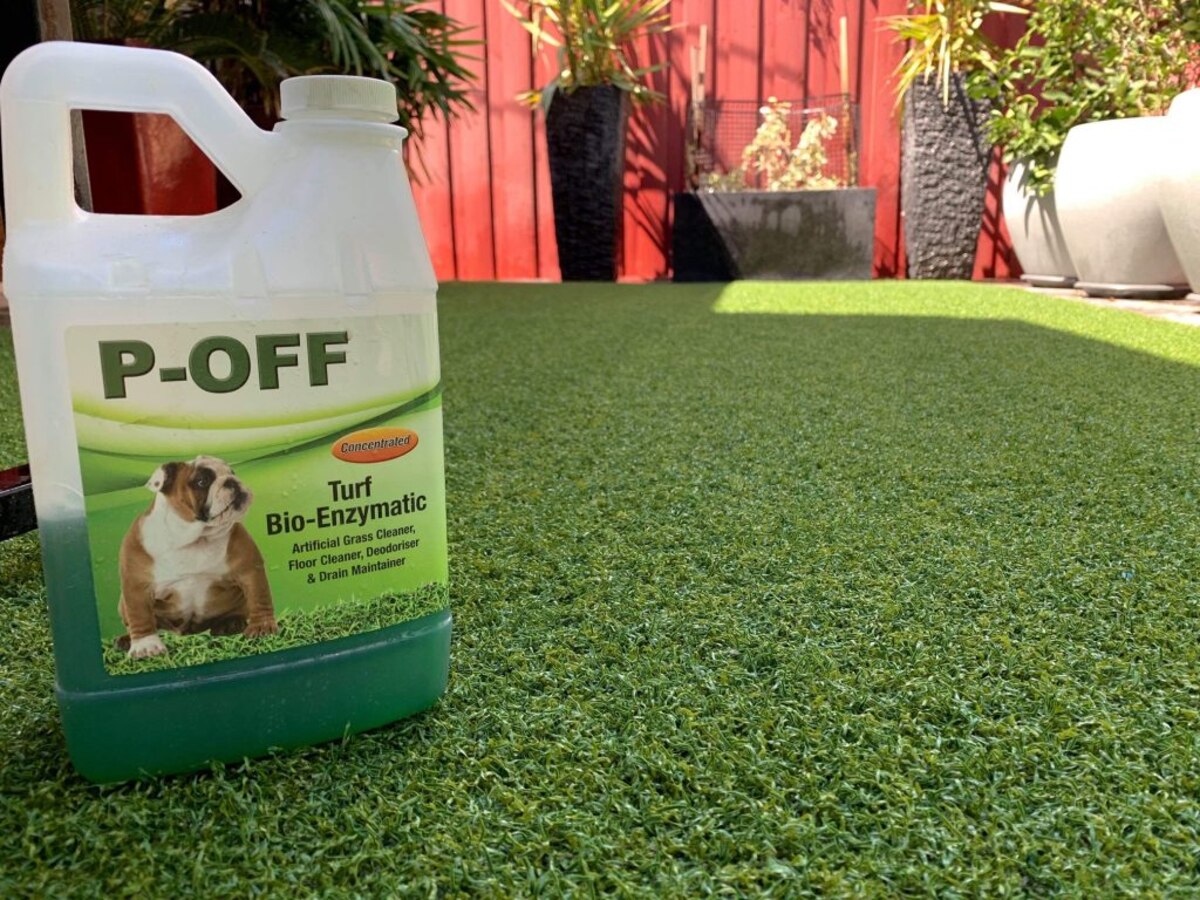

Landscaping Ideas
How To Get Urine Smell Out Of Grass
Modified: February 18, 2024
Learn effective landscaping ideas to eliminate urine smell from grass and keep your lawn fresh and odor-free. Discover practical solutions for a clean and inviting outdoor space.
(Many of the links in this article redirect to a specific reviewed product. Your purchase of these products through affiliate links helps to generate commission for Storables.com, at no extra cost. Learn more)
Introduction
One of the joys of having a furry friend is watching them frolic in the yard, but pet owners often face the challenge of dealing with urine smell in the grass. Whether it’s from a dog, cat, or other pet, the ammonia in urine can leave an unpleasant odor and cause unsightly brown patches on the lawn. Fortunately, there are effective methods for removing urine smell from grass and preventing future odors. In this article, we’ll explore the causes of urine smell in grass, as well as natural and practical remedies for eliminating the odor and maintaining a fresh, vibrant lawn.
Key Takeaways:
- Say goodbye to urine smell in your grass by diluting the affected area with water, using commercial products, or trying natural remedies like vinegar and baking soda. Prevent future odors by encouraging pets to drink more water and training them to use designated relief areas.
- Understanding the causes of urine smell in grass and implementing proactive measures can help pet owners effectively eliminate odors and maintain a fresh, vibrant lawn. From diluting the affected area with water to using natural remedies like vinegar and baking soda, there are various methods to tackle this common issue.
Read more: How To Get Urine Smell Out Of Toilet Bowl
Understanding the Cause of Urine Smell in Grass
When pets urinate on the grass, the urea in their urine breaks down into ammonia, which is responsible for the strong, unpleasant odor. Additionally, the high nitrogen content in urine can “burn” the grass, resulting in yellow or brown patches. Female dogs, in particular, can create more noticeable spots due to the way they urinate. Their urine tends to collect in a concentrated area, causing more severe damage to the grass. Understanding these factors can help pet owners address the issue effectively.
It’s important to note that the pH level of a pet’s urine can also impact the grass. If the urine is too acidic, it can further damage the lawn. Additionally, the concentration of nitrogen in the urine plays a role in the extent of the damage. These chemical reactions are the primary cause of the lingering odor and unsightly patches that pet owners often encounter.
Furthermore, the size and breed of the pet can influence the severity of the problem. Larger dogs naturally produce more urine, potentially leading to larger affected areas. With a better understanding of these factors, pet owners can take proactive measures to mitigate the impact of urine on their grass.
Methods for Removing Urine Smell from Grass
There are several effective methods for removing urine smell from grass, ranging from simple home remedies to specialized products designed for this purpose. One popular approach is to dilute the affected area with water immediately after the pet urinates. This helps to reduce the concentration of ammonia and nitrogen in the grass, minimizing the potential for damage and odor. Additionally, watering the lawn regularly can help flush out the urine and prevent the buildup of ammonia.
Another method involves using commercial products specifically formulated to neutralize urine odors and restore the health of the grass. These products often contain enzymes that break down the components of urine, effectively eliminating the odor and minimizing discoloration. When using these products, it’s important to follow the manufacturer’s instructions for optimal results.
Aeration can also be beneficial in removing urine smell from grass. By perforating the soil, aeration promotes better drainage and allows water and oxygen to reach the roots of the grass. This can help dilute and disperse the urine, aiding in the recovery of the affected areas. Furthermore, aeration supports overall lawn health, making it more resilient to urine damage in the future.
In cases where the urine smell and damage are more severe, overseeding the affected areas can be an effective solution. By spreading new grass seed over the damaged patches, pet owners can encourage the growth of fresh, healthy grass, gradually replacing the affected areas and restoring the lawn’s appearance.
For persistent urine smells and discoloration, professional lawn care services may be necessary. Lawn care experts can assess the extent of the damage and implement targeted treatments to revitalize the grass, ensuring a lush and odor-free lawn.
To get urine smell out of grass, dilute the area with water to help flush out the urine. Then sprinkle baking soda or a commercial pet odor neutralizer on the affected area and let it sit for a few hours before rinsing with water.
Natural Remedies for Eliminating Urine Smell
For pet owners who prefer natural alternatives, there are several effective remedies for eliminating urine smell from grass. One popular option is to create a homemade solution using common household ingredients. A mixture of water, white vinegar, and baking soda can be applied to the affected areas to neutralize the odor and minimize discoloration. Vinegar acts as a natural disinfectant and helps to break down the components of urine, while baking soda absorbs odors and can restore the pH balance of the soil.
Another natural remedy involves the use of hydrogen peroxide. When combined with water and a small amount of dish soap, hydrogen peroxide can effectively eliminate urine odors and promote the recovery of the grass. This solution can be applied directly to the affected areas, providing a gentle yet potent method for addressing urine smells and discoloration.
Furthermore, the strategic use of landscaping elements can help mitigate the impact of urine on the grass. Planting urine-resistant grass varieties, such as fescue or ryegrass, can create a more resilient lawn that is better equipped to withstand the effects of pet urine. Additionally, incorporating designated pet areas with gravel or mulch can provide an alternative spot for pets to relieve themselves, reducing the impact on the grass.
Moreover, adjusting the pet’s diet can influence the composition of their urine, potentially reducing the severity of the odor and damage to the grass. Consulting a veterinarian for guidance on dietary changes that can minimize the impact of urine on the lawn can be beneficial for pet owners seeking a natural, long-term solution.
By leveraging these natural remedies and proactive measures, pet owners can effectively eliminate urine smells from their grass while promoting a healthy and vibrant lawn without the use of harsh chemicals.
Preventing Future Urine Smells in Grass
Preventing future urine smells in grass involves a combination of proactive measures and strategic adjustments to minimize the impact of pet urine on the lawn. One effective approach is to encourage pets to drink more water, which can help dilute their urine and reduce the concentration of ammonia and nitrogen that can damage the grass. This can be achieved by ensuring that fresh water is readily available to pets at all times, especially during hot weather or increased physical activity.
Another preventive measure is to train pets to urinate in specific areas of the yard. By designating a spot with gravel, mulch, or artificial turf for pet relief, pet owners can minimize the impact of urine on the grass while maintaining a clean and odor-free lawn. Consistent training and positive reinforcement can encourage pets to use the designated area, effectively reducing the likelihood of urine smells and damage in other parts of the yard.
Strategic lawn care practices can also play a significant role in preventing future urine smells in grass. Regular watering of the lawn can help dilute and flush out urine, reducing the buildup of ammonia and nitrogen. Additionally, promptly rinsing the area with water after a pet urinates can minimize the concentration of urine and mitigate potential damage to the grass.
Furthermore, adjusting the pet’s diet can have a positive impact on the composition of their urine, potentially reducing the severity of the odor and damage to the grass. Consulting a veterinarian for guidance on dietary changes that can minimize the impact of urine on the lawn can be beneficial for pet owners seeking long-term preventive solutions.
Implementing a comprehensive lawn care routine that includes aeration, overseeding, and regular maintenance can promote the overall health and resilience of the grass, making it more resistant to urine damage. By fostering a lush and well-maintained lawn, pet owners can minimize the visibility of any potential urine damage and create an inviting outdoor space for both pets and family members to enjoy.
By incorporating these preventive measures and proactive strategies, pet owners can effectively minimize and prevent urine smells in the grass, ensuring a fresh, vibrant lawn that enhances the outdoor living experience for both pets and their human companions.
Frequently Asked Questions about How To Get Urine Smell Out Of Grass
Was this page helpful?
At Storables.com, we guarantee accurate and reliable information. Our content, validated by Expert Board Contributors, is crafted following stringent Editorial Policies. We're committed to providing you with well-researched, expert-backed insights for all your informational needs.
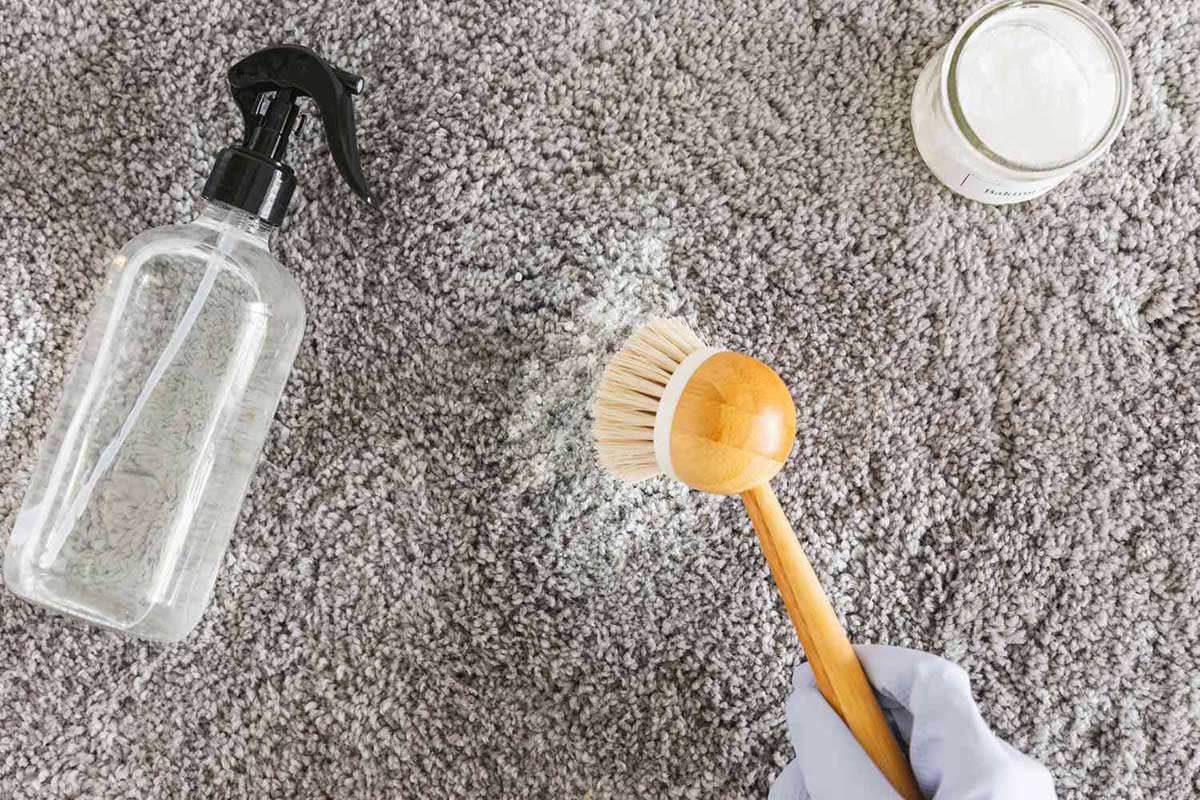

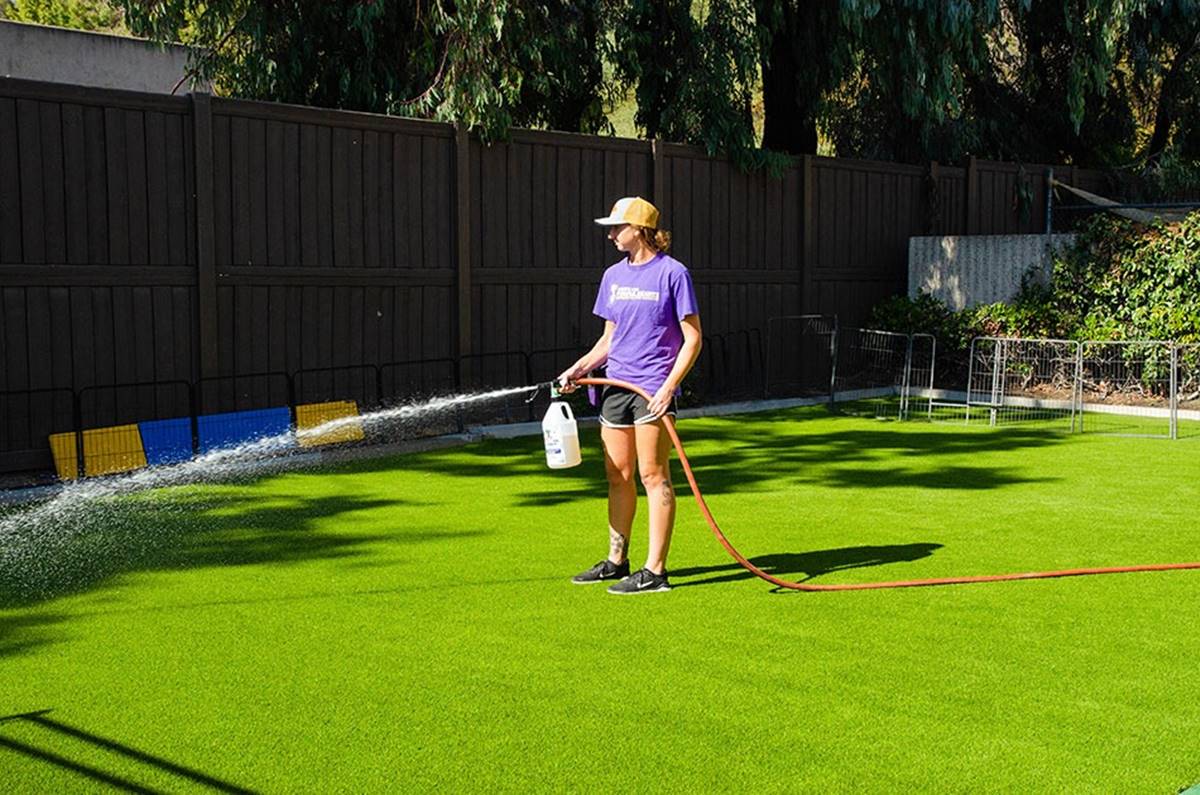

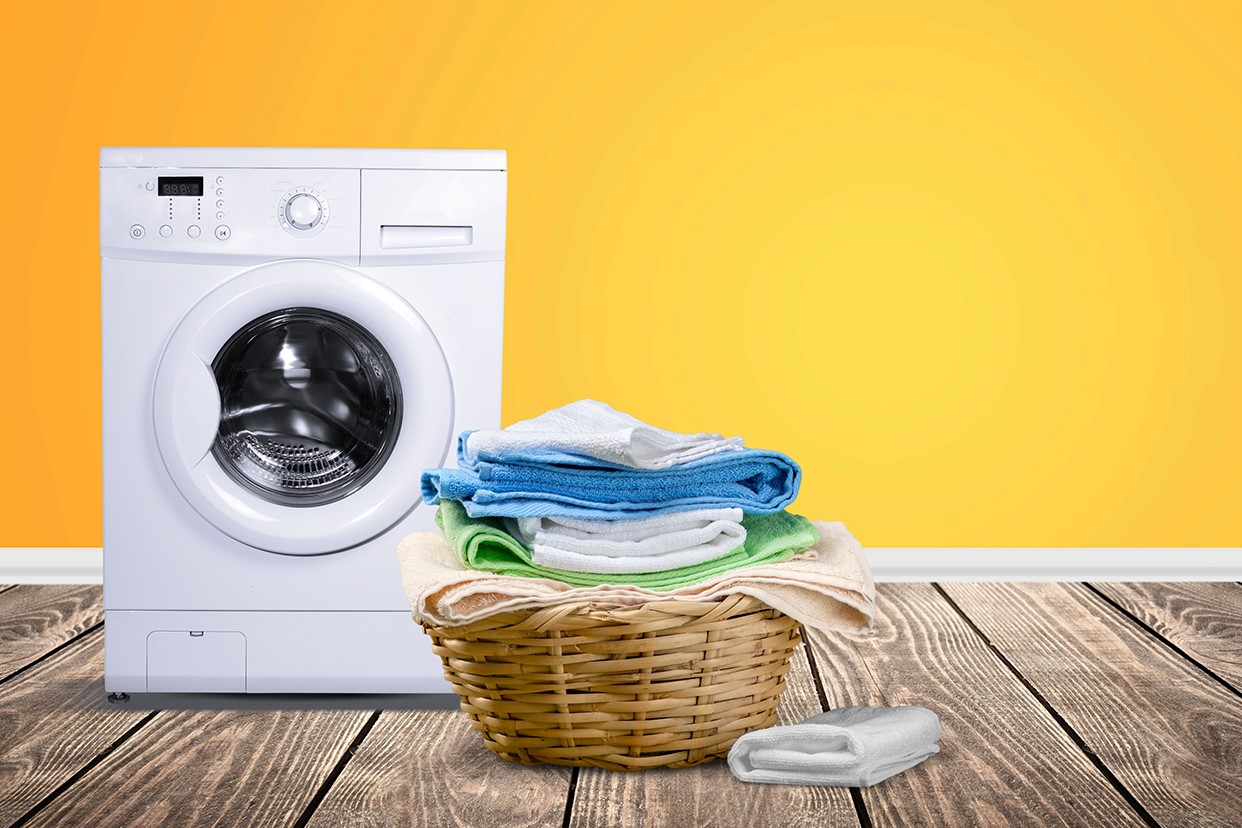
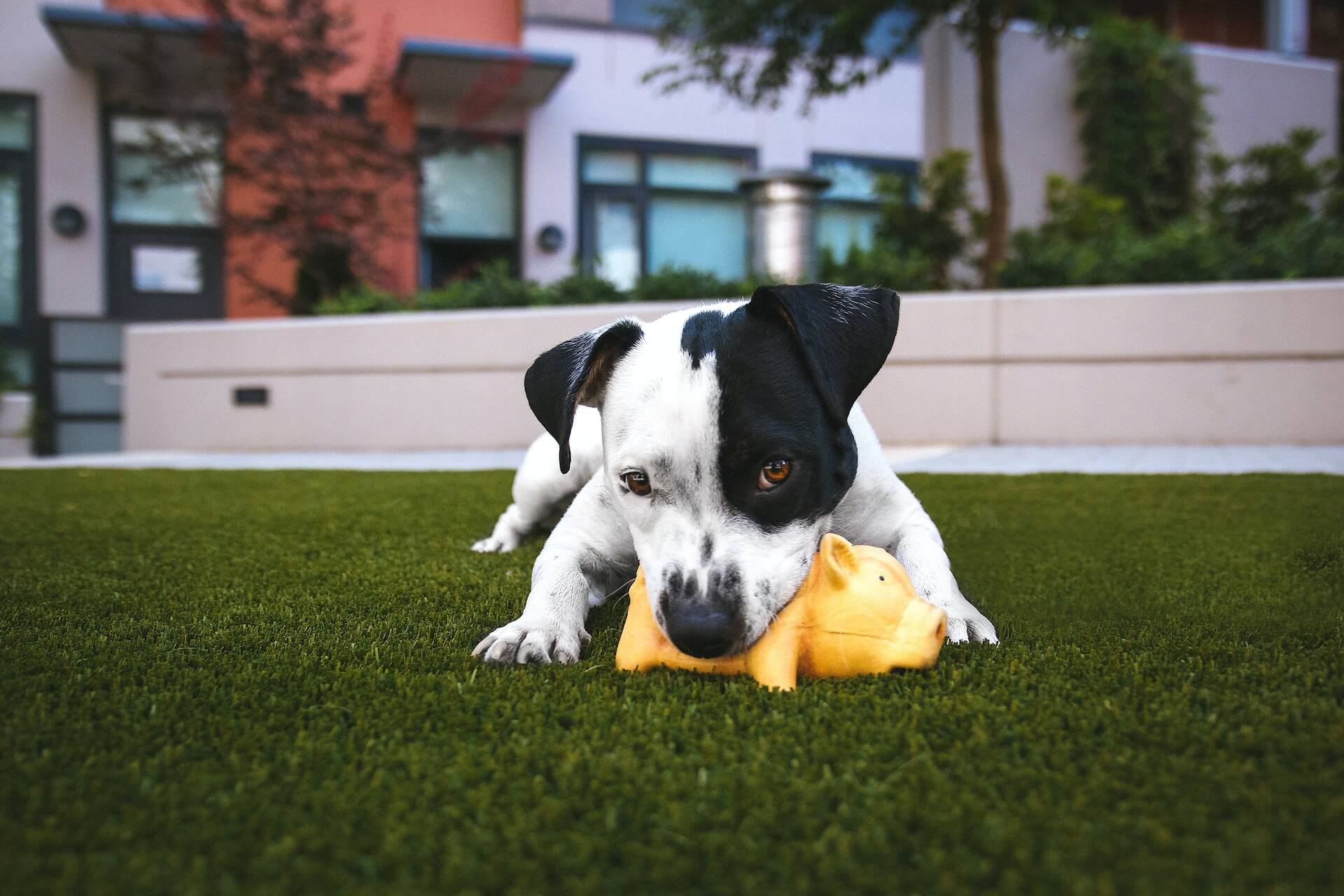

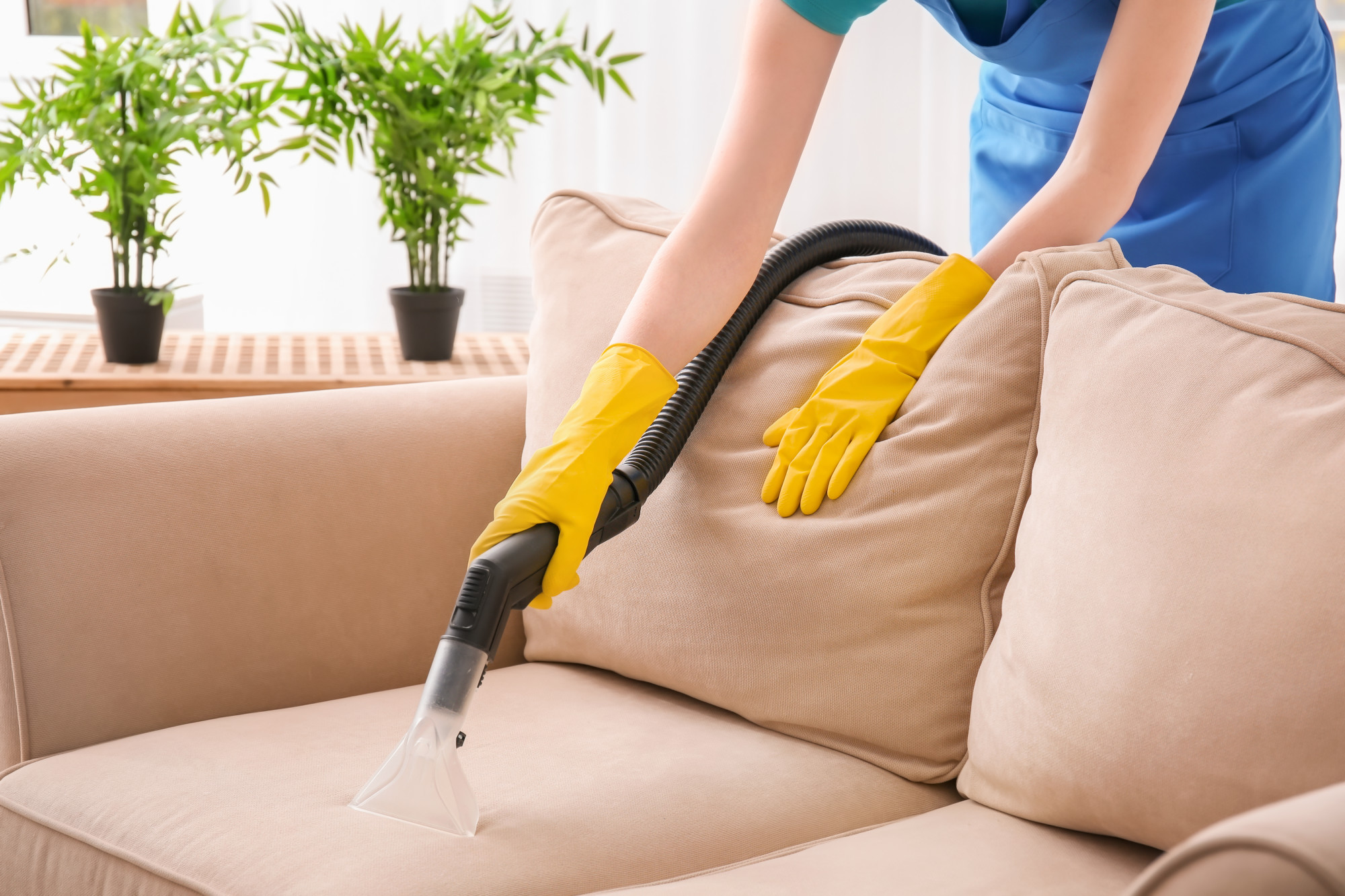

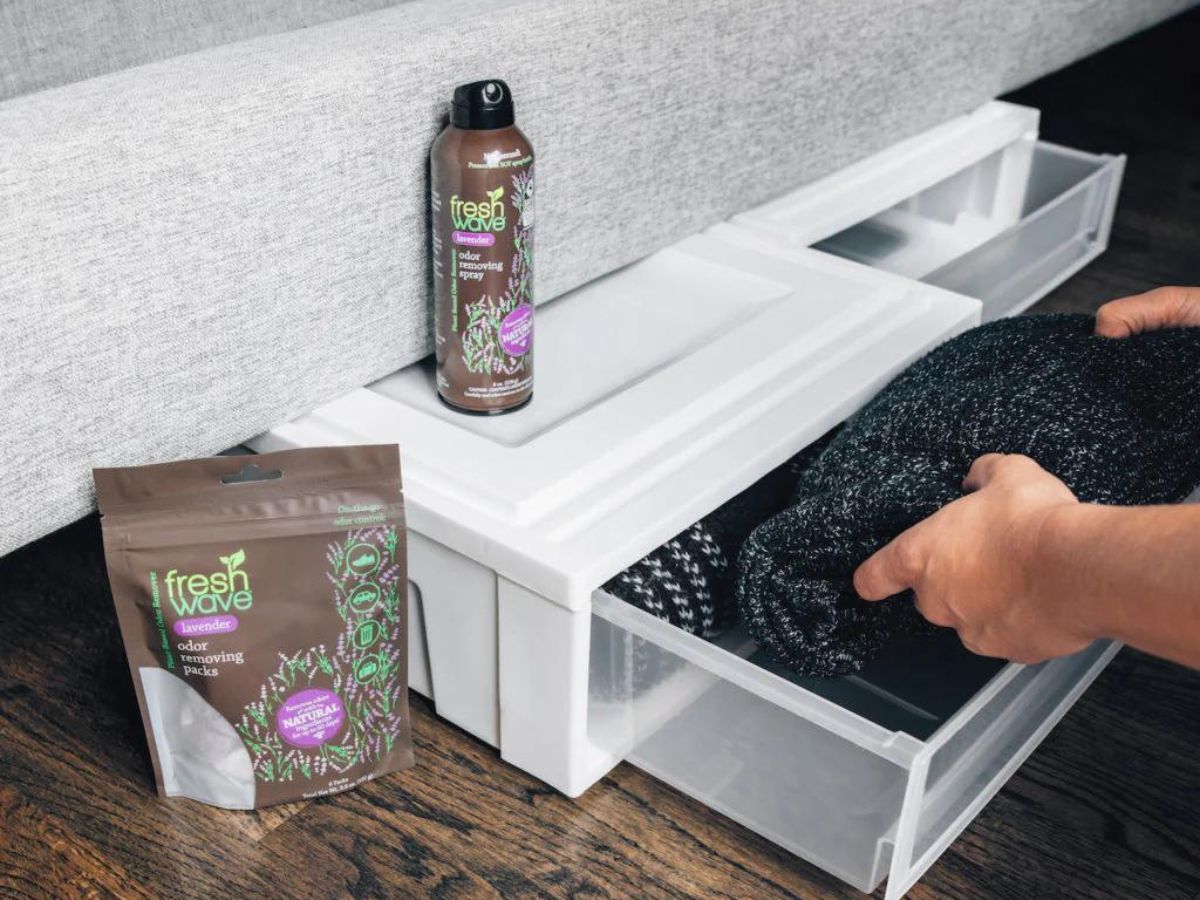

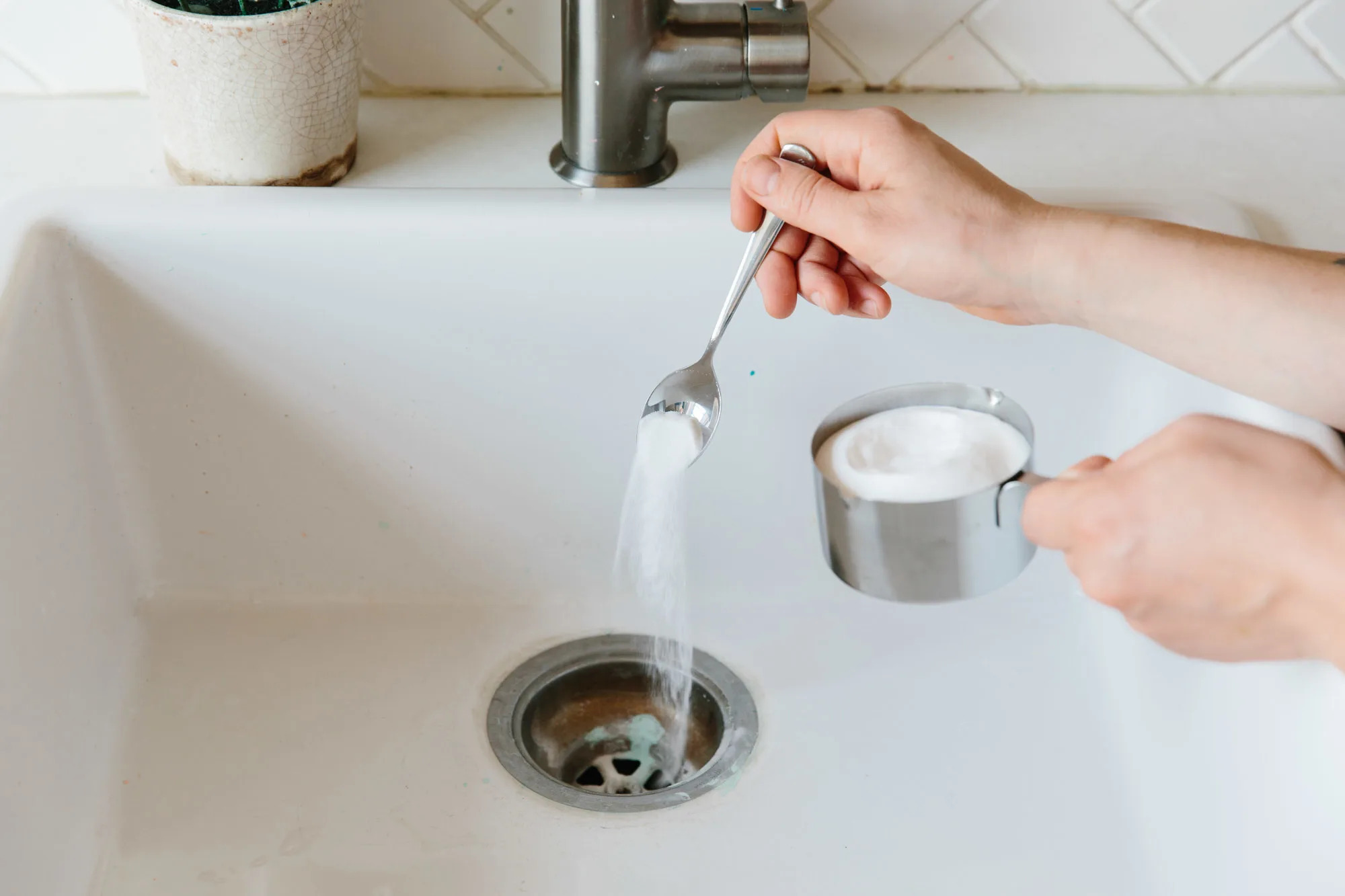
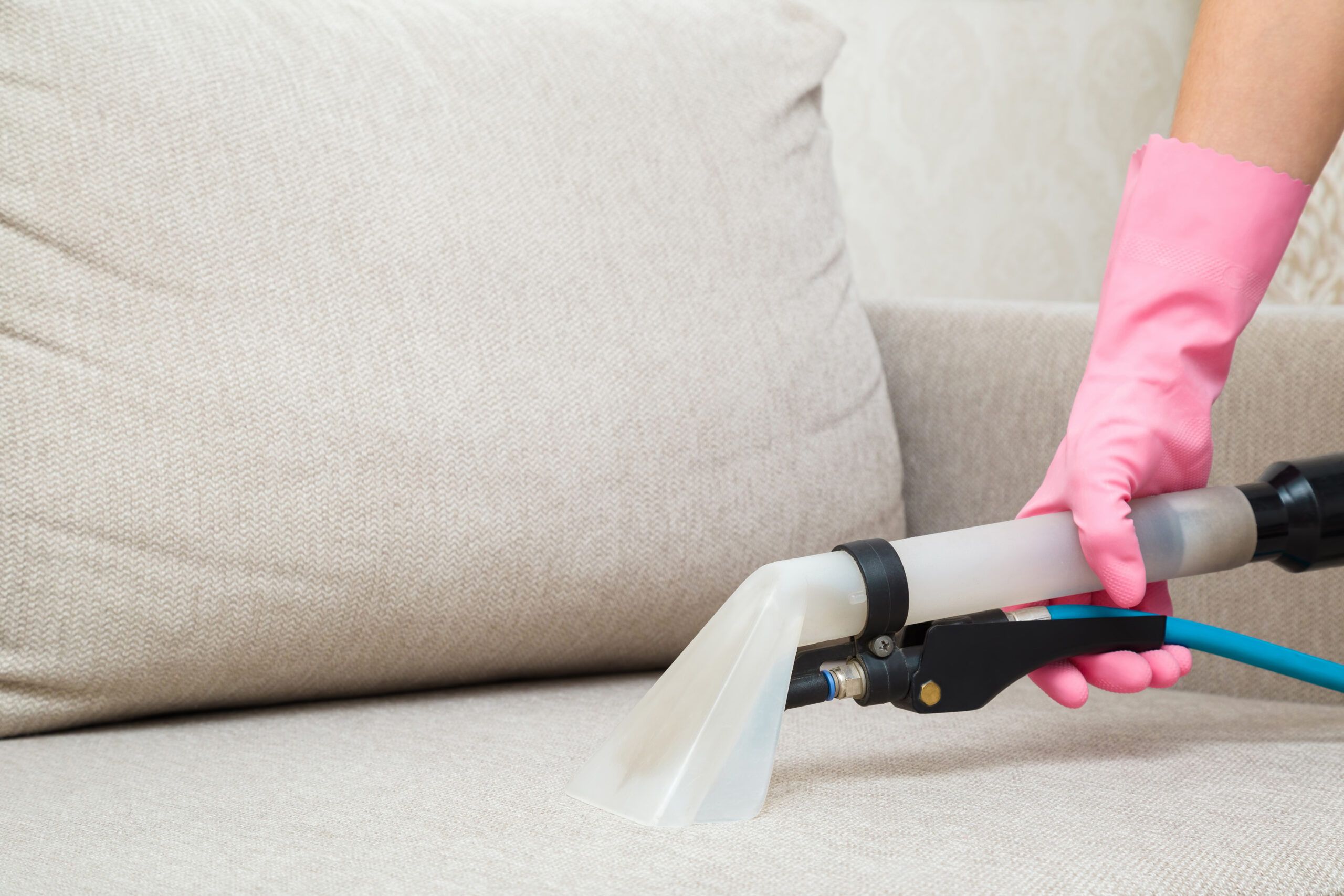

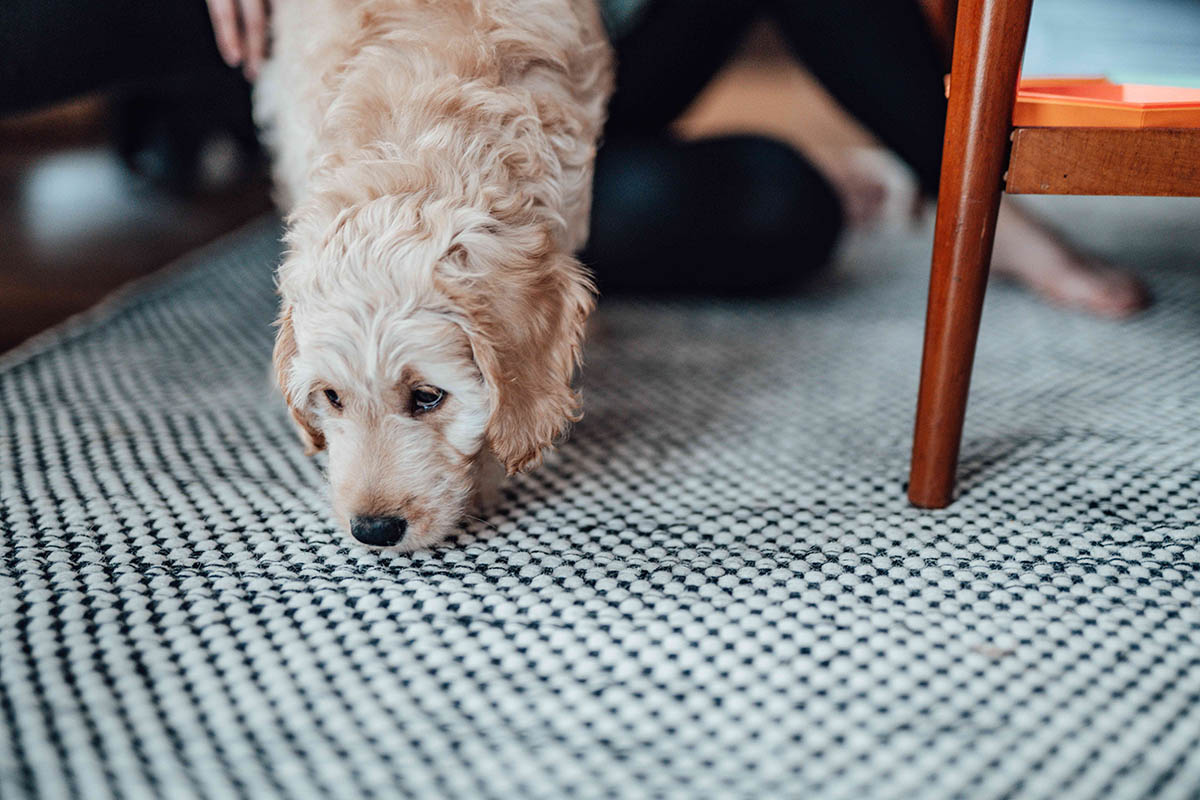

0 thoughts on “How To Get Urine Smell Out Of Grass”